Can Cats Eat Canned Salmon?
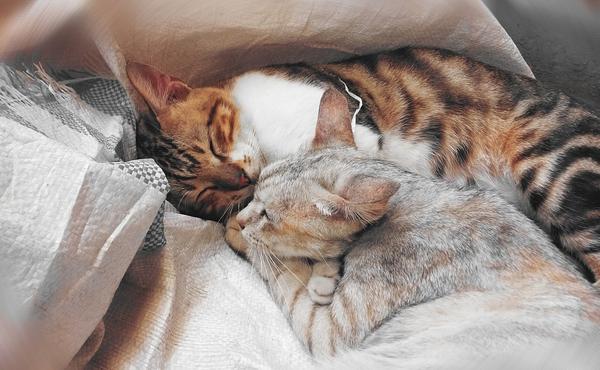
Tired of uncertainty about what your fluffball can and can't chow down on?
Worried that feeding them the wrong thing could lead to a feline rebellion that rivals the great catnip shortage of '09?
The struggle is real, my friend. 🐱
But fret not.
I've got your back.
Let's dive deep into the world of canned salmon and answer once and for all:
Can cats eat it and, most importantly, should they?
Let the truth be revealed.
Let's begin.
Is Canned Salmon Safe for Cats?
While canned salmon can be a safe treat for cats, you have to be cautious. Some brands may contain high levels of sodium and preservatives, which can be harmful. Raw salmon should be avoided as it may contain thiaminase and pose a risk of bacterial contamination.
Canned salmon can be a safe treat for your cats, no doubt about it.
But, hold on. There are a couple of things you should know.
Pay attention!
First things first – watch out for sodium and preservatives.
Some canned salmon brands pack their products with loads of these stuff, and that's bad news for your furry friend.
It could mess with their stomach and even lead to sodium toxicity if it's not balanced properly.
Here's another thing – I get it, cats love salmon.
But, raw salmon?
Yeah, that could actually hide some dangers.
You see, raw salmon has this thing called thiaminase.
Now, that little monster breaks down an important vitamin called thiamine.
And guess what happens when cats don't have enough of it?
They end up with major neurological issues. Not good!
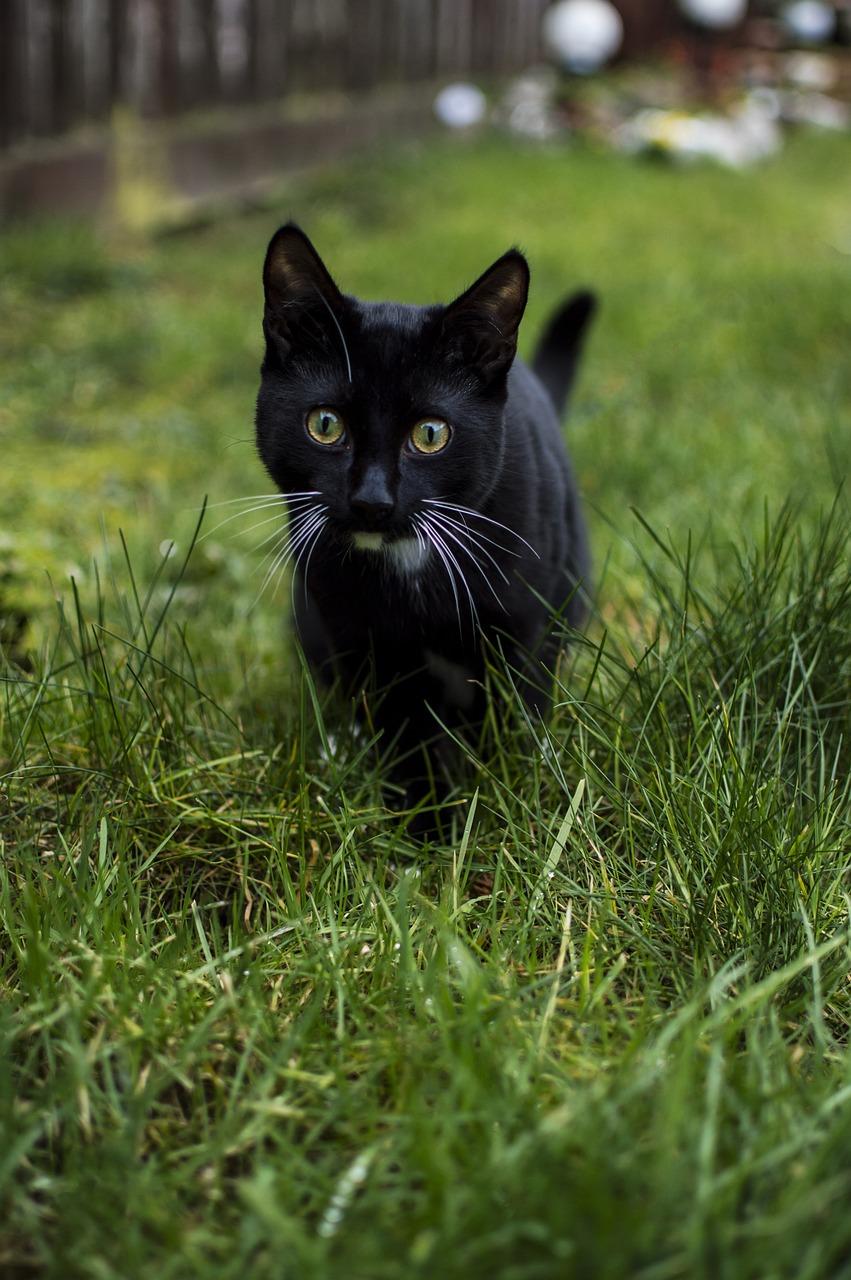
But wait, there's more...
Raw fish in general, including salmon, can potentially poison your cat.
E.
Coli and salmonella are just lurking around, waiting to wreak havoc in your feline's tummy. Do you really want that?
So, what can you do about it?
Simple.
Before you grab a can of salmon, read those labels like it's your job.
Look for minimal additives. Better yet, why not go for fresh cooked salmon?
Just ensure you don't add any cooking oils or seasoning that might harm your fluffy buddy.
That’s the lowdown on cats and canned salmon.
Now go ahead and enjoy treating your adorable pal!
Main points I'll expand upon further down this article:
- Cats should not consume canned salmon due to health risks.
- Cats require diets abundant in animal-based proteins and low in carbohydrates.
- Cooked, unflavored salmon can be given to cats occasionally.
- Choose wild-caught salmon over farmed salmon.
- Supplement cat's diet with omega-3 to ensure sufficient nutrients.
- Shrimp and prawns are safe options for cats.
- Include seaweed in moderate amounts to enhance digestive and fur health.
- Consider potential health risks before feeding canned salmon to cats.
- Canned salmon may contain salt, preservatives, and additives that cats may not tolerate well.
- Exercise caution when sharing salmon with cats and monitor for allergic reactions.
Now, here's the deal...
While canned salmon can be a safe treat for cats, it may not provide them with the essential nutrients they need.
So, what does this mean for your furry friend's overall well-being and specific dietary needs?
Let's find out:
Is Canned Salmon Healthy for Cats?
Cats cannot thrive on canned salmon, you know. It lacks the essential nutrients vital for their well-being.
These crucial nutrients, such as taurine, are important for their heart health and vision.
Not only that, but the canning process alters the oils and fats in the salmon, which can pose potential health risks for those feline friends of ours.
Being obligate carnivores, cats require diets packed with animal-based proteins and low in carbohydrates.
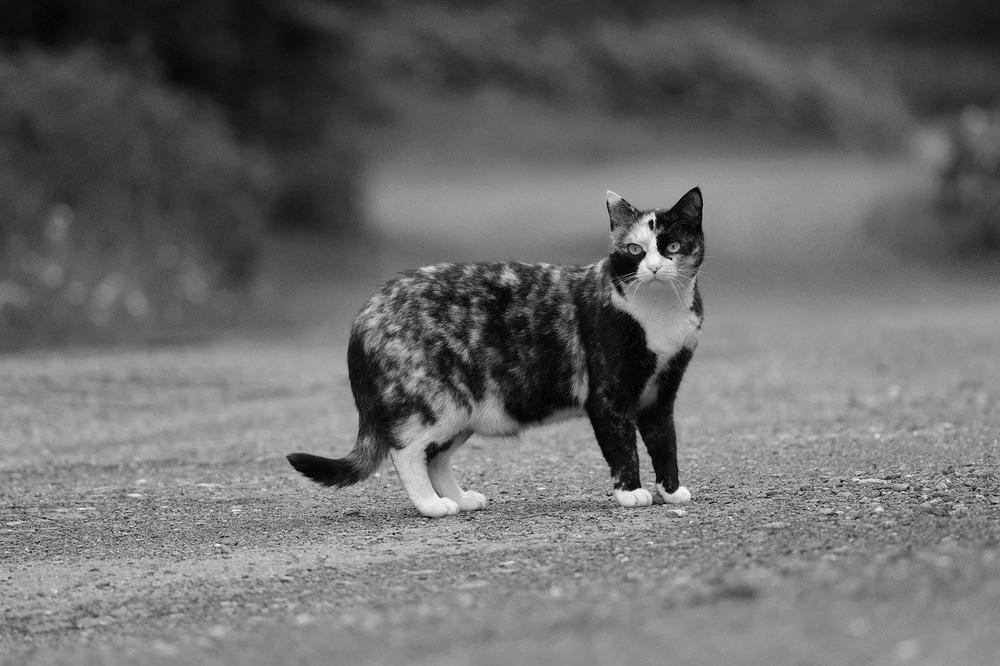
So, here's the deal:
If you want your fur babies to have the best nutrition tailored to their specific needs, avoid feeding them canned salmon.
And there you have it.
As I mentioned earlier, while canned salmon may not be suitable for your feline companion, it's equally important to consider their overall diet.
If you're curious about whether it's safe and healthy for cats to eat fish every day, I encourage you to check out my article Can Cats Eat Fish Everyday.
You'll find all the information you need to make an informed decision about your precious fur baby's diet.
The Benefits of Salmon for Cats
Salmon is hands down one of the best foods for your cat.
It's jam-packed with all the good stuff that keeps your feline friend in tip-top shape.
Let me break it down for you in an easy-to-follow list:
- Loads of Protein: Salmon is a protein powerhouse, which means it gives your cat strong muscles and helps them grow healthy.
- Healthy Fatty Acids Galore: Omega fatty acids are the bomb! They help fight disease, slow down aging signs, keep internal organs healthy, and make sure your cat stays well overall.
- Go Wild: When it comes to salmon, choose wild-caught over farmed. Why? Because wild salmon has more omega-3s, less yucky mercury, fewer bad chemicals, and a taste that'll make your cat purr with happiness.
- Smart Supplements: Sometimes, your kitty needs a little extra boost. If necessary, give them an omega-3 supplement to make sure they get enough of those important fatty acids.
- Fishy Snacks: Shrimp and prawns make yummy treats for cats. They're low-calorie, high-protein goodies that also bring essential nutrients like zinc, copper, omega-3s, and vitamin B12 to the table.
- Seaweed Love: Cats dig seaweed too! Add small amounts of quality seaweed (sans salt, garlic, spices, or preservatives) to help their digestion and make their skin and fur shiny and healthy.
- Special Canned Goodness: Treat your cat to some canned salmon every now and then. It's a super special delight that boosts their skin, coat, and overall well-being. 😺
So, as you can see, salmon does wonders for your cat's health.
Those facts are impossible to argue with—a kitten's gotta love 'em!
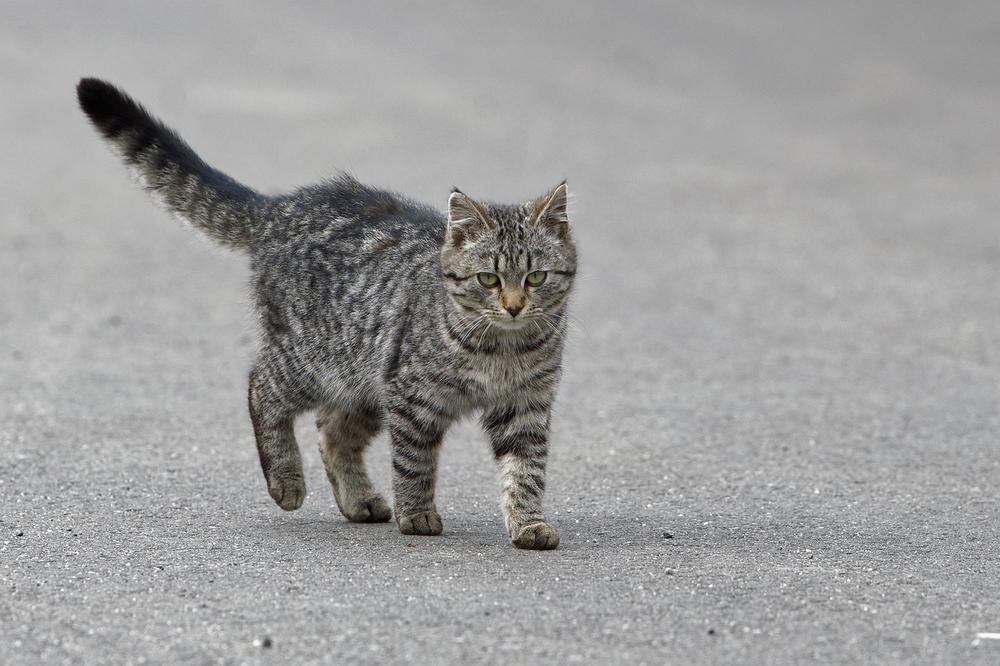
Now, you might be wondering about the potential risks of feeding canned salmon to your feline friend.
And it gets worse...
High sodium, preservative content, and even potential choking hazards.
But don't worry, there are ways to safely incorporate salmon into your cat's diet.
Let's dive in!
What to Consider Before Feeding Canned Salmon to Cats
Canned salmon might not provide all the nutrients cats need
So you want to give your cat canned salmon. Well, hold on a moment.
It may seem tasty, but canned salmon isn't meant for cats.
It often contains salt, preservatives, and additives that cats can't handle well. Eating too much could make them sick or even cause death due to their sensitive sodium levels.
Also, cats need a balanced diet to stay healthy, and canned salmon alone won't give them everything they need.
Health risks when feeding cats canned salmon
Now let me tell you about the potential health risks of giving canned salmon to cats.
The high sodium and preservative content can lead to problems like vomiting, diarrhea, loss of appetite, and lethargy. And be careful with the bones and skin!
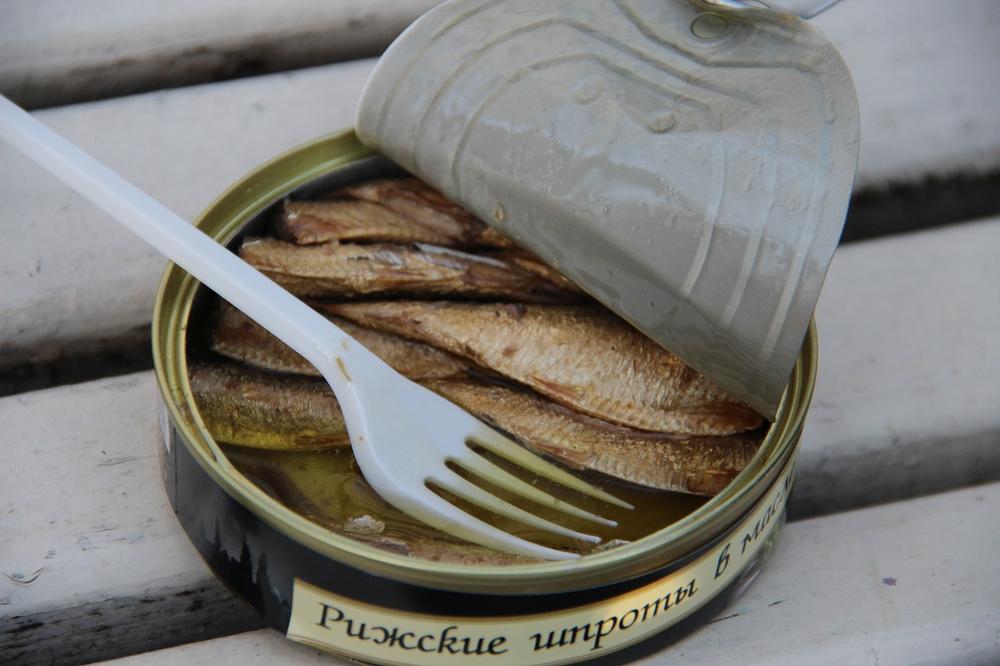
They can cause choking or damage to the intestines.
Here's something else to think about:
Canned salmon may contain mercury and other harmful substances. You definitely don't want your furry friend regularly ingesting those, right?
Tips to safely feed cats canned salmon
If you do choose to give canned salmon to your cat, take some precautions. Keep a close eye on them while they eat as sodium toxicity or blockages in the digestive system can happen.
To avoid parasites and harmful ingredients, go for boneless and skinless canned salmon, or fresh/cooked salmon without added herbs and spices.
And always watch out for any allergic reactions.
But remember, canned salmon should never replace a balanced diet specially designed for cats.
It's best to consult your veterinarian to find the most suitable dietary options for your cat's specific needs.
And that wraps up today's article.
You've reached the end of my blog post, so I'd like to ask you a question. Did you enjoy reading it? I put in a ton of effort to make my blog posts as informative and helpful as possible. It takes a considerable amount of time, but I genuinely enjoy doing it. If you could lend me a hand by clicking on any of the social sharing icons to share this post with others, I would truly appreciate it. Thank you!
Talk soon,
-Sarah Davis